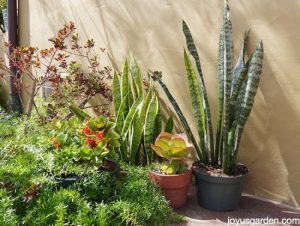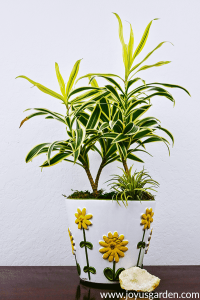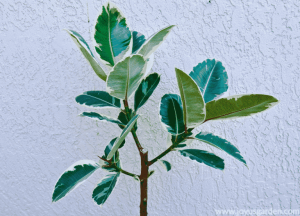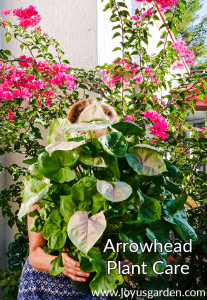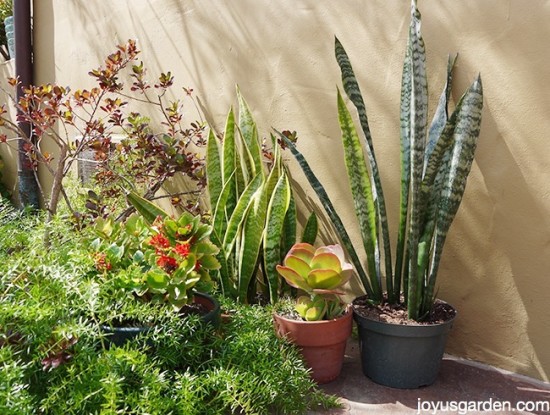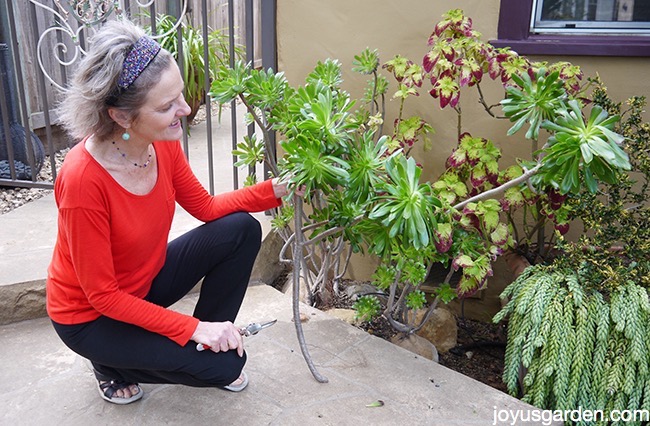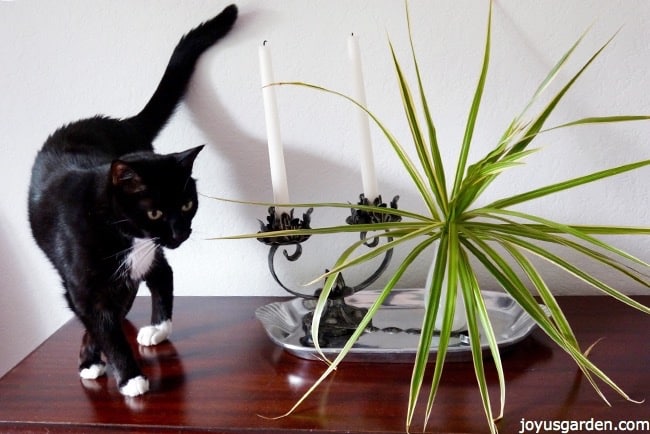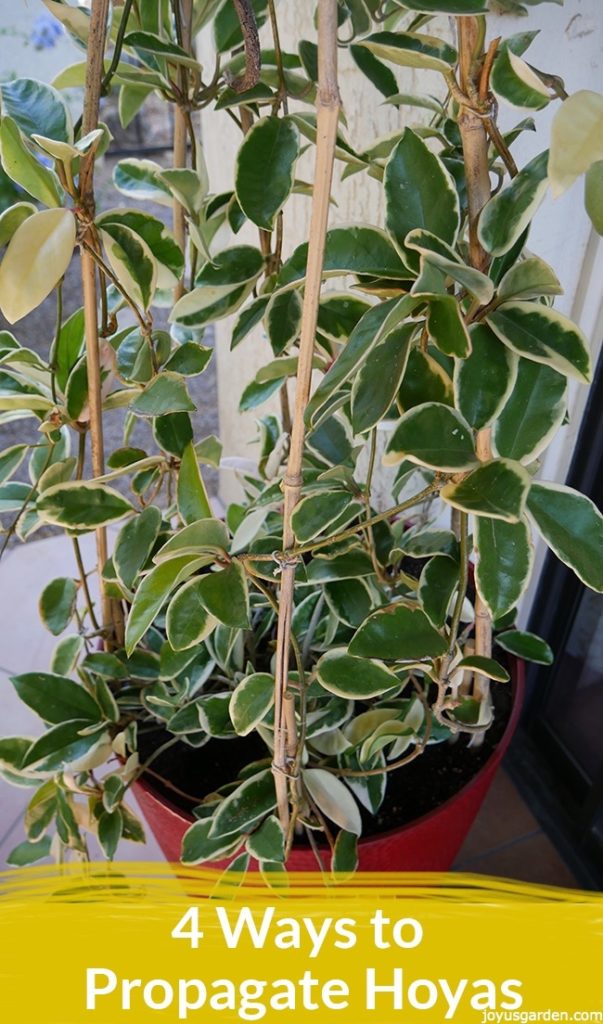I moved into my new home here in Tucson, AZ last December. It had been occupied by the original owners for 37 years and there’s a lot of updating to do inside and outside. One of the first things I did garden wise is transplanting Saguaro Cactus.
MY LATEST VIDEO
By the way, the Saguaro Cactus is both the state flower and the state plant of Arizona.
I know most of you don’t live in the desert, let alone the Sonoran Desert where the majestic Saguaro Cacti grow. I thought you might be interested in the process so I wanted to share. I grew up in New England and lived on the coast of California for 30 years so these wacky, unique plants are still very fascinating to me and always will be.
The 2 taller Saguaros grew in front of the windows on either side of my front door. Not only were they were growing too close to the house, but my view of the Santa Rita Mountains would at one point be obscured. It just made sense to move them by hand before they grew any bigger otherwise a cradle has to be used.
I like Saguaros planted in a grouping, especially when they have no arms. My two are 20-25 years old and they generally start to grow their first arm around the 75 year mark. Some never produce arms by the way.
I’m no Saguaro Cactus moving expert – not even close! I relied on my friend Juan, who has lots of experience with this, and his 2 contractors to get the job done.

Transplanting Saguaro Cactus in action:

How to Transplant Saguaro Cactus
Timeline: The 2 larger Saguaros got transplanted in mid-May and the 3 small ones at the very end of July.
The Saguaros before. One was growing in full sun, and the other shaded by 2 large Mesquite trees.
The gravel is pushed away and the digging has started in a 2′ perimeter around the base. The root system on a Saguaro like of this size (around 5′) is relatively shallow.
Digging by hand to see how much further the root goes down.
Where do old garden hoses go? To move Saguaros! One digs and the other gently wiggles it with the hose to loosen.
Meanwhile, Juan measures to depth of the new hole before the transplant gets placed in.
Carrying it over; one at the top and the other from the roots.
A little more digging to do.
Close up of the root system. It’s amazing how they anchor these heavy cacti up!
Rocking it gently so the roots settle in place. The side that was facing south was marked so that it was planted facing S/W in this new location.
Filling in with the native soil around the base of the roots by hand, packing it down along the way.
Here’s the slightly smaller cactus growing partially shaded being dug out. The transplanting process is the same.
Getting its mate to stand up. The cactus growing behind is a Fishhook Barrel.
When digging the trench for the 3 smaller cacti to be planted in front, they hit caliche. It’s an accumulation of calcium and magnesium that’s cement-like. Not good for drainage!
This is the lone baby Saguaro – the only plant growing on the east side of my house. It got moved along with a smaller one growing near the pool and a third one my friend had growing shaded in her front garden.
Here’s what the planting looked like for 3 to 4 months. The tallest one had been growing in full sun so it was fine as is. The others needed protection from the intense desert sun while settling in.
I didn’t water them for 2-3 weeks after the plantings per instructions. I gave them one watering and then the summer monsoon rains started and continued off and on for 3 months. Thank you Mother Nature – you made my watering assignment easy as can be!
Some of the forms these wacky plants grow into.
My Addams Family Saguaros now grow adjacent to plantings of Gold Barrrel Cacti. They’re all a lovely sight in the golden hour!




















